A Reactor in a Tinderbox: Why Ethiopia’s Nuclear Ambition Demands Global Scrutiny
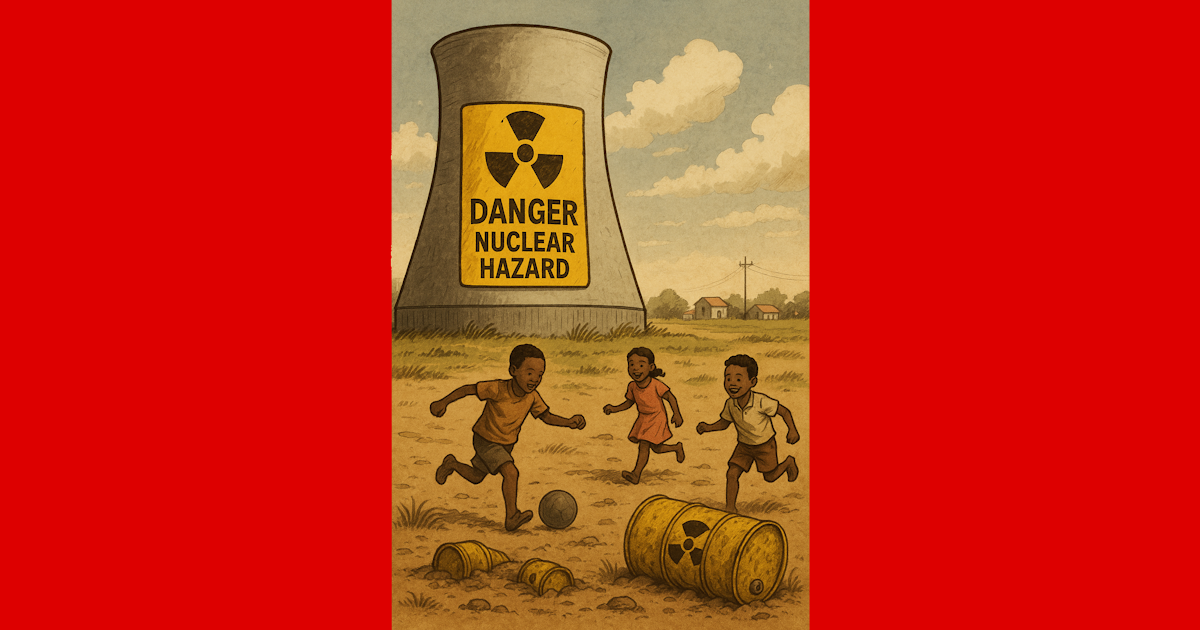
(by invitation)
An earlier version of this article was used by Ethio Forum as a basis for production of docu-news entitled:
“ትጥቃቸውን ይፍቱ” ዐቢይ ፤ ያልተተኮሰው የዐቢይ መሣሪያ”
Excerpt
Ethiopia’s push for nuclear power station is less about energy need than regime vanity, pursued by a leader who weaponize conflict, neglect citizens, and disregard safety. With a record of atrocities, proxy wars, and environmental neglect, entrusting such a volatile state with nuclear materials risks catastrophe not just for Ethiopia, but for the entire region.
Imagine entrusting the deadliest materials known to humanity to a regime that has already turned its drones, tanks, and fighter jets against its own people. That is precisely the scenario unfolding as Ethiopia courts Russia’s Rosatom to build its first nuclear power station.
On paper, this is framed as an energy project. In reality, it is the introduction of radioactive materials, long-term waste, and proliferation risks into one of Africa’s most unstable political environments.
This is not simply about Ethiopia’s right to develop energy. It is about whether a regime with such a track record of disregard for human life, clearly demonstrated from 2019 onward, can be trusted to manage nuclear technology safely — and whether the world is prepared for the consequences if it cannot.
The Track Record of a Regime at War with Its People
Heavy weapons against civilians.
Independent reports have documented the use of airstrikes, drones, and heavy artillery against domestic populations in Oromia, Tigray, and Amhara [1], often striking civilian convoys, displacement camps, and urban centers with no exception for children and the infirm. These are not hypothetical lapses; they are repeated choices that prioritize military expediency over civilian safety.
If a regime is willing to bomb its own citizens, what confidence can there be that it will uphold the painstaking safety protocols nuclear power and its waste management demand?
Proxy wars and paramilitaries.
Rather than seeking peace through dialogue, the regime has deliberately weaponized neighboring militias and paramilitary groups. Somali regional forces and Amhara Fano militias have been actively sponsored, armed, and deployed by the federal regime to suppress Oromo resistance and other opposition movements.
It should be noted that internal conflicts and chaos, by design, are the regime’s very currency for survival. To this end, the state has even gone so far as to trade away pieces of territory, fueling inter-regional tensions as a means of destabilization and control [2,3,4]. By stoking rivalries between communities and setting regions against one another, the regime manufactures perpetual crisis — ensuring that citizens remain too divided and exhausted to mount a unified demand for accountability.
A regime that governs through proxy violence, incites conflict through territorial manipulation, and thrives on chaos cannot credibly claim the discipline needed to safeguard nuclear materials against misuse, diversion, theft, or sabotage. This is a regime determined to stay in power at any cost — and tragically, the human cost has already proven to be unlimited.
Death squads and extrajudicial killings.
Human rights organizations have reported systematic extrajudicial killings, arbitrary arrests, and targeted executions of perceived opponents, particularly Oromo nationalists. Thousands have been executed outside any legal process. Controlling own citizens with a regime organized death squad [5] is not the behavior of a state that values human life, accountability, or the rule of law — all essential pillars of nuclear stewardship.
Suppression of oversight.
Civil society organizations, journalists, and human-rights defenders are routinely harassed, silenced, or criminalized. Amnesty International and other observers have documented harassment, threats and actions to intimidate human-rights groups, constraining independent scrutiny and accountability inside the country [6].
In the nuclear domain, this is not a side issue: independent oversight, whistleblowers, and a free press are the last line of defense against catastrophe. A regime that punishes truth-telling is one that will cover up, rather than confront, safety failures.
A volatile state cannot be trusted with the world’s most dangerous substance.
Ethiopia has historically struggled to remain at peace with its neighbors in the Horn of Africa — war with Somalia and Eritrea is still fresh in regional memory. Today, under the Prosperity Party (PP), the regime exemplifies poor diplomacy, locked in disputes with Egypt, Eritrea, and Somalia, none of which can be ruled out from escalating into open conflict.
This is a living example of a volatile state — unstable, confrontational, and prone to military adventurism — that cannot be entrusted with the most risk-prone substance humanity has ever harnessed.
A Luxury of Glory, Not a National Need
Nuclear power is not an Ethiopian necessity; it is a regime’s vanity project.
Ethiopian regions are already endowed with abundant renewable resources — from the immense hydroelectric capacity of the Blue Nile to further untapped hydro, solar, wind, and geothermal reserves that could reliably deliver power for generations. These are safer, cleaner, and cheaper to develop than nuclear power, and they align with global trends toward renewable integration. The push for nuclear, by contrast, appears less about meeting Ethiopia’s real energy needs than about personal glory and political spectacle.
Observers recall that the idea of nuclear power station was first floated during the recent inauguration of the Grand Ethiopian Renaissance Dam (GERD) — an impromptu announcement framed as the next symbol of “Ethiopia’s greatness”. In reality, it was a leader’s impulse for prestige, not a carefully considered energy strategy.
For an unstable country, the risks of nuclear power — radioactive waste, vulnerability to conflict, long-term costs, and dependence on foreign suppliers — are colossally higher than any marginal benefit. When renewables remain untapped, choosing nuclear is not just imprudent; it is grossly reckless.
Energy Exports While Citizens Remain in the Dark
The regime’s callous nature is further exposed by its choices in energy policy. Ethiopia already exports electricity to neighboring countries, with immediate plans to extend supply as far as Tanzania [7,8]. Yet nearly half of Ethiopia’s own population lives without electricity.
The reason is not a lack of generation capacity, but the absence of transmission infrastructure that would serve the rural majority population. This contradiction lays bare the priorities of those in power. Instead of investing in access for wider populations, the regime pours billions of dollars into a never-ending civil war across Oromia, Tigray, and Amhara — regions where countless lives and futures are being destroyed. Rather than lifting its citizens out of darkness, the regime chooses conflict and prestige projects over the most basic public good.
This is another demonstration that the nuclear push is not about addressing real energy needs. It is about political spectacle and regime survival, pursued at the expense of the very people the regime claims to serve.
A Grim Safety Record in Mining, Agriculture, and Industry
If the regime cannot safeguard its citizens from relatively ordinary industrial hazards, how can it be trusted with the vastly greater dangers of nuclear technology?
Ethiopia’s existing record in sectors such as gold mining and flower farming already paints a disturbing picture. In gold mining regions, decades of exposure to carcinogenic chemicals have led to a tragic rise in birth defects and premature deaths.
Successive regimes — from the military junta to the present regime — have suppressed reporting of these cases rather than addressing the crisis. Communities continue to suffer in silence, victims of toxic waste and official neglect.
The story is similar in the flower industry, which caters to lucrative European and Middle Eastern markets. When Kenya banned the use of certain internationally banned hazardous agrochemicals, businesses simply moved across the border to Ethiopia. Instead of protecting its citizens, the Ethiopian regime welcomed these companies, allowing them to operate with chemicals already outlawed elsewhere. The result has been widespread environmental contamination and health damage — clear evidence of a regulatory system willing to compromise public safety for political and financial gain.
Although real data is concealed from the public, environmental responsibility of industries producing chemical waste is virtually non-existent. Polluted lakes and rivers stand as undeniable testimony, with downstream communities and livestock suffering severe health effects and heightened mortality. Whole industries are nominally levied environmental protection fees, yet these funds vanish into systematic corruption, leaving behind a legacy of unchecked ecological damage and real public health endangerment.
If the mismanagement of toxic chemicals in mining, agriculture, and industry has already caused such generational harm, what can be expected when the same authorities are entrusted with nuclear power — a sector where the risks are not local or short-term, but catastrophic and enduring for millennia?
The Nuclear Gamble with Russia
Ethiopia has signed agreements with Russia’s Rosatom [9] to develop nuclear power. On the surface, this promises modern infrastructure and energy diversification. In practice, such deals bind fragile states into decades of fuel dependency and technical reliance on Moscow. This is less about energy sovereignty and more about geopolitical leverage.
For Ethiopia, a country already staggering under debt and instability, this introduces an additional layer of dependency. For the region, it raises the specter of radioactive material becoming enmeshed in proxy conflicts or cross-border tensions. For the world, it means entrusting nuclear safety to one of the least accountable regimes on the continent.
The Waste Nobody Can Manage
Even the most advanced nations struggle to manage nuclear waste. Spent fuel remains lethal for thousands of years. Long-term stewardship requires geological repositories, independent regulators, and institutions that outlast governments. Ethiopia has none of these.
If a state that cannot reliably provide electricity, food security, or civilian protection introduces radioactive waste into its territory, the risks are not confined to its borders. Groundwater does not respect frontiers; neither does fallout from sabotage or accident. A mismanaged nuclear program in Ethiopia is not an Ethiopian problem — it is a regional and global one.
A Global Governance Blind Spot
The International Atomic Energy Agency (IAEA) can advise, inspect, and raise concerns. But it cannot veto a sovereign government’s nuclear ambitions. That leaves a yawning gap in global governance. States that have shown contempt for human life can still pursue nuclear power under the banner of peaceful use. Ethiopia’s case exposes this blind spot starkly.
The question is not whether a reactor can be built. It is whether the world can afford the risks of placing nuclear materials in the hands of a regime already documented as committing atrocities against its own people.
Call to Conscience
Nuclear energy can be a force for good when entrusted to governments that prioritize safety, transparency, and accountability. Ethiopia’s regime has demonstrated the opposite: secrecy, repression, and violence against its own citizens.
A regime that weaponizes inter-ethnic conflict to cling to power, and that repeatedly shows contempt for human life, has no moral right to be trusted with nuclear technology. This is not simply about electricity — it is about placing the deadliest material humanity has ever harnessed in the hands of leaders who have already proven indifferent to the survival of their own people, and who remain at loggerheads with their neighbors and regional rivals.
It is not as if Ethiopia is constrained to go down the nuclear route. The country is endowed with abundant untapped energy resources — hydro, solar, wind, and geothermal — that could deliver power safely for generations. Nuclear, by contrast, is nothing more than a self-glory vanity project. For a regime hell-bent on destruction, even approaching the most dangerous substance humanity has known would be an anathema.
This is not just an Ethiopian problem; it is a global security issue. The international community cannot treat it as a neutral development project. If one of Africa’s most fragile states is allowed to become custodian of nuclear risks, the consequences will extend far beyond its borders.
Civil society in Africa and beyond must demand transparency, oversight, and accountability before the first atom is split. Otherwise, Ethiopia’s nuclear gamble may be remembered not as a triumph of progress, but as the reckless decision that turned a fragile state into a regional catastrophe.
Postscript
As a peace-loving nation whose culture is anchored in harmony, the Oromo people speak not only for themselves but for all nations, nationalities, and peoples of the Ethiopian empire when it comes to the safety of humanity.
With the very first crude black-powder bullets of 19th century used by Menelik’s rifle-bearers (nafxanyaas), the Oromo were cut down in waves of conquest and subjugation. Not to be forgotten are the swords that mutilated breasts and severed limbs — brutal symbols of a campaign of terror — a legacy of violence that echoes into the present, where 21st century drones under today’s PP regime continue the same cycle of atrocity.
These are more than scars of history — they are warnings. They are sufficient proof that entrusting the most lethal nuclear substance to the most irresponsible of regimes carries risks that are immeasurable and consequences that could extend across generations and borders.
The Oromo people are not opposed to technology. On the contrary, they value knowledge, innovation, and progress. What they reject is the reckless entrustment of the world’s most dangerous substances to a regime that has shown contempt for human life, gross indifference to the well-being of its citizens, and hostility to domestic and regional peace.
As the Irreechaa season arrives — a celebration of peace, thanksgiving, and renewal — we send our blessings of peace and harmony to all nations, nationalities, and peoples of Ethiopia and beyond. Yet we do so in the sobering awareness that peace and harmony remain in short supply under the brutality of the PP regime.
May Irreechaa remind us that true prosperity is not measured in grandiose projects or nuclear vanity, but in the dignity, safety, and flourishing of human lives with freedom for all.
Happy Irreechaa.
Selected References
- Ethiopia: Military Executes Dozens in Amhara Region, 4 April 2024, Human Rights Watch.
- OT Editorial, The Sinister Dirty Game of the PP Regime with Moyale, 5 August 2025, OROMIA TODAY.
- OT Editorial, To Shimelis Abdissa and Caffee Oromia: Your Silence on Moyale Is Betrayal, 7 August 2025, OROMIA TODAY.
- OT Editorial, A Time Bomb Buried in Oromia and Somali Regions, 27 August 2025, OROMIA TODAY.
- GIULIA PARAVICINI, In Ethiopia, a secret committee orders killings and arrests to crush rebels, A REUTERS INVESTIGATION, 23 February 2023, Reuters.
- Ethiopia: Halt Crackdown Against Human Rights Groups, 14 June 2024, Amnesty International.
- Ketraco doubles transmission of Ethiopia electricity to Tanzania, 2 June 2025, Business Daily.
- Ketraco starts transmission of Ethiopia electricity to Tanzania, 28 June 2025, Business Daily.
- Ethiopia and Russia sign Action Plan on building a nuclear power plant in Ethiopia , 25 September 2025, Fana Media Corporation.
- “ትጥቃቸውን ይፍቱ” ዐቢይ ፤ ያልተተኮሰው የዐቢይ መሣሪያ”, 28 September 2025, ETHIO FORUM (YouTube Channel).


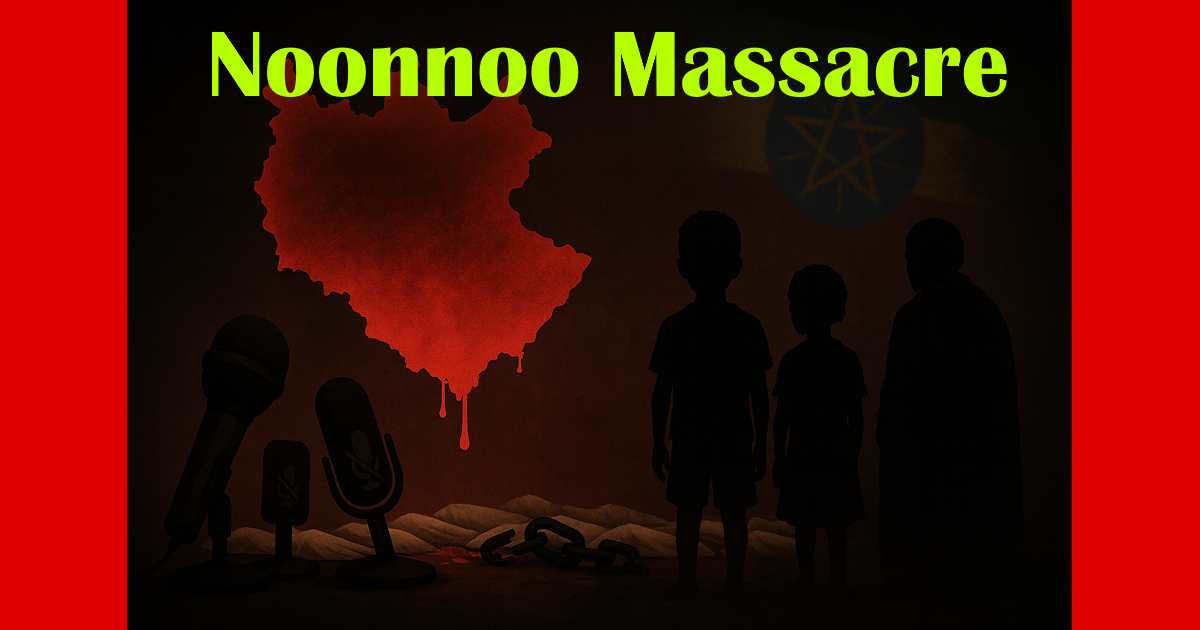
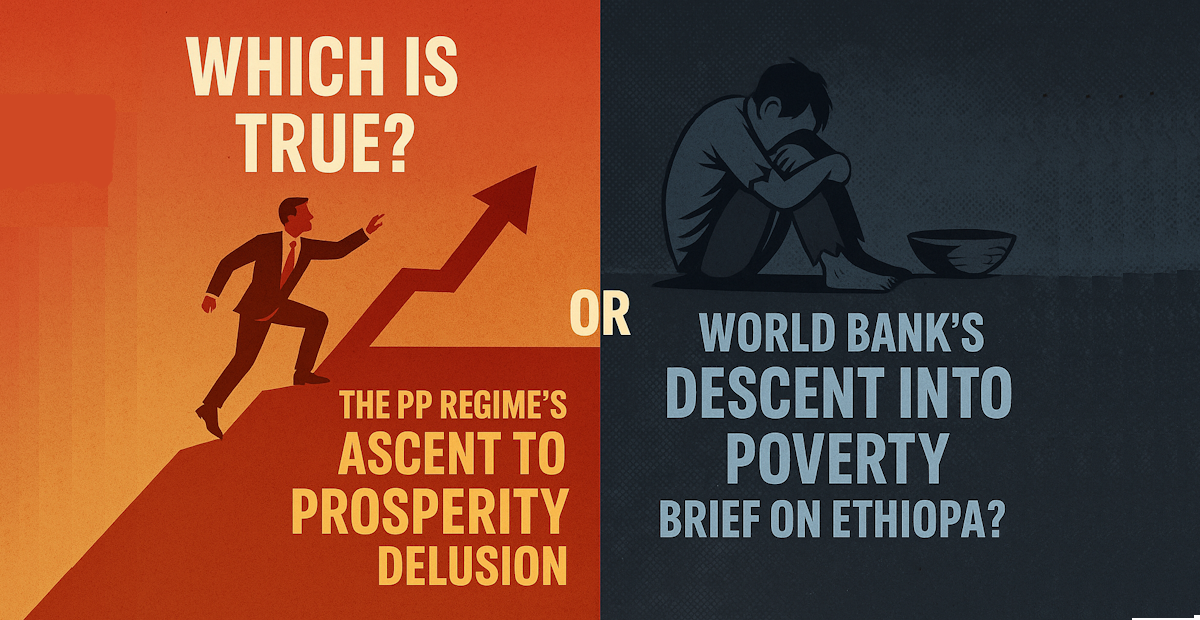

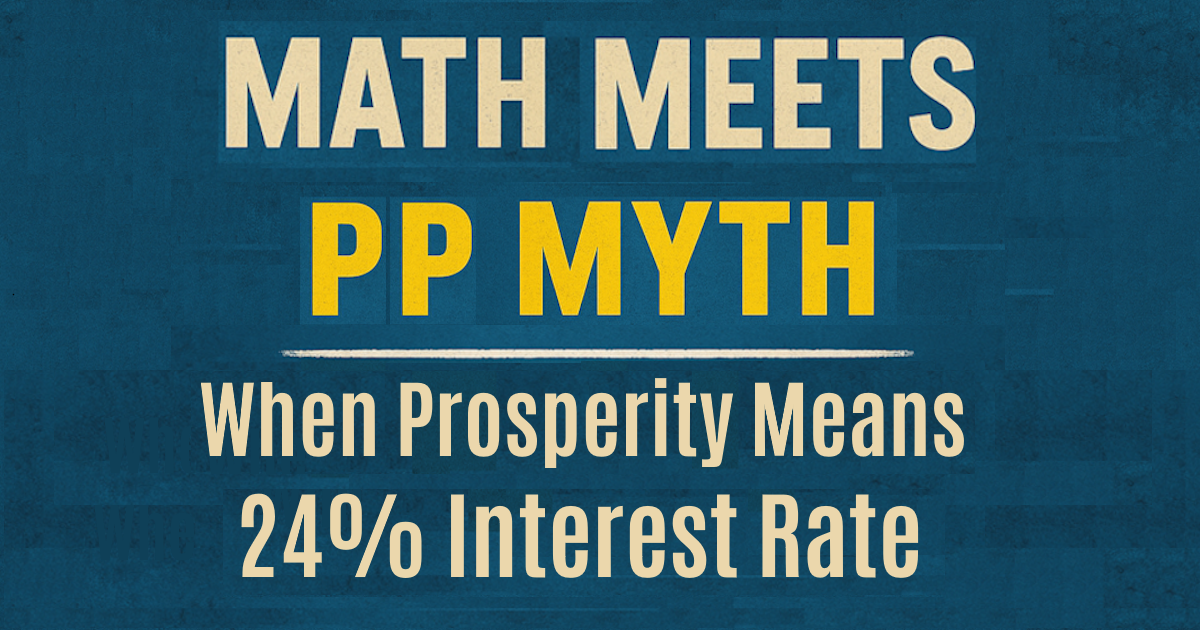
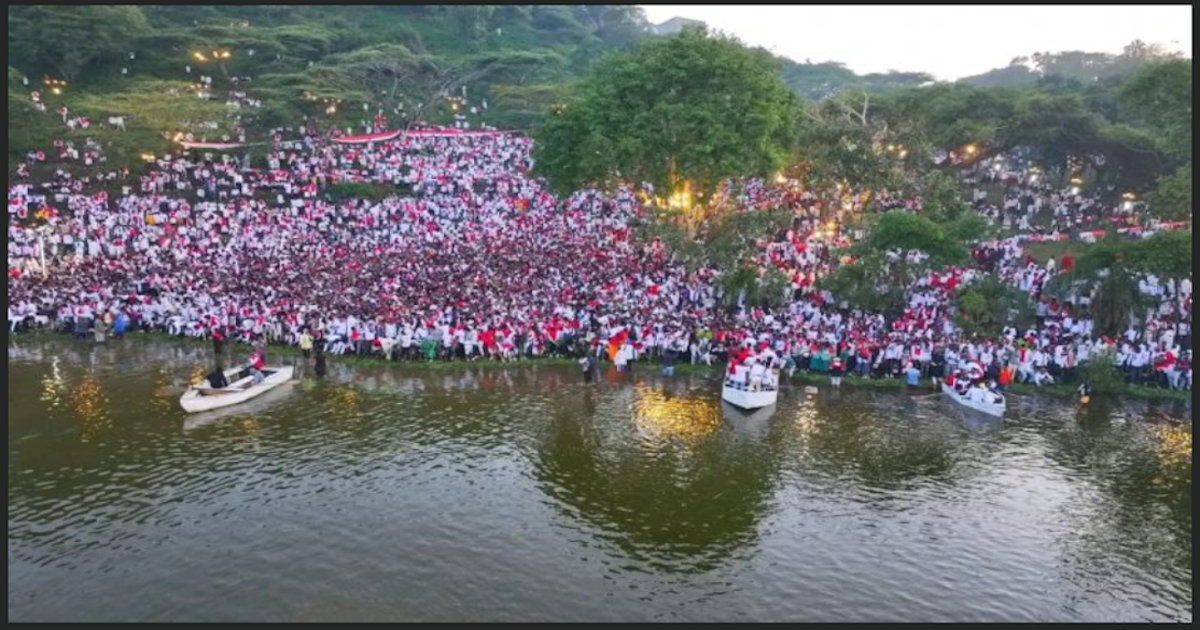
Stop deceiving people by wrongly labeling Oromiya being a country. This is completely against the plan of God for the nation, Ethiopia, including the people of Oromia who are a major part of this great nation. Otherwise, you’ll find your selves standing against God; and those who battle with God will be changed to ash! Concerning the article by Bikila Beriso, the arguments are mostly true; and let the lord intervene to the affairs of Ethiopia to rescue the people from extended oppressions by the agents of the devil. Lastly, Irreechaa, being a cultural heritage of Oromo people, caution shall be taken to identify its cultural component from its spirituality. Spiritually, according to the word of God, ‘All has sinned; and are devoid of the glory of God; however, they shall be saved by the redemption & grace of the lord Jesus Christ of Nazareth’. Sincerely,